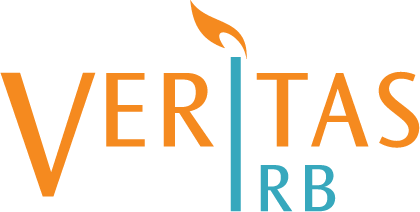Comments on articles recently published in NEJM
In a recent edition of the New England Journal of Medicine, prominent bioethicists argued that “some studies may justifiably proceed with a streamlined consent process and others may not require patient consent at all”. The authors also propose to streamline the oversight of some studies that fall “below a threshold of negative effect on expected clinical outcomes or other outcomes or values that matter morally to patients”.
The bioethicists’ position was described as a “considerable break from ethics principles that have guided research ethics and regulation for decades.” The article prompted a spectrum of reactions on the Web. Some were of the opinion that the IRB/REB review process is not sufficiently flexible to allow for “research that doesn’t fit the mold” while others cautioned against the development of an ethical framework that would encourage the active concealment of a participant’s inclusion in a research study.
While the New England Journal of Medicine article was written in the specific context of Comparative-Effectiveness Research (or CER) conducted in a learning health care system (which does not yet exist), the media coverage and debate was essentially generalized to research as a whole, giving the impression that no research can currently be legally or ethically conducted without written free and informed consent.
It is legally and ethically possible to conduct research without consent.
Under US and Canadian normative frameworks governing research with humans, it is legally and ethically acceptable to alter or waive the requirements of free and informed consent when a research project meets the following criteria:
-
Research involves no more than minimal risk to research participants;
-
The absence of consent is unlikely to adversely affect the rights and welfare of research participants;
-
The research could not practically be carried out without the waiver or alteration of consent;
-
Whenever appropriate, participants will be debriefed after the research and provided with pertinent additional information;
-
The research does not involve the administration of therapeutic products, surgical procedures, radiologic procedures, process-of-care changes, preventive care, manual therapies and psychotherapies.
What is “ground breaking” in the model proposed in the New England Journal of Medicine is the withdrawal of the last criteria above in order to compare approved therapeutic or diagnostic interventions without consent. Our next blog will focus on whether the “uniqueness” of the Comparative-Effectiveness Research warrants a reform of the ethics review process.
Veritas IRB possess extensive experience in the review of studies conducted in Canada and the US involving legally and ethically acceptable waivers or alterations of free and informed consent requirements.


